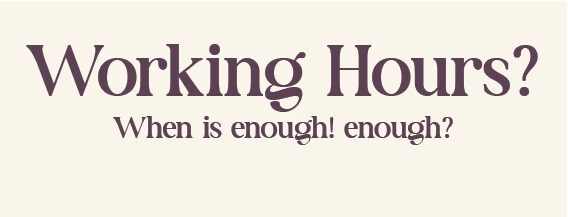The definition in the dictionary:
To be exposed to the possibility of being attacked or harmed, either physically or emotionally
Or
Of a person in need of special care, support, or protection because of age, disability, or risk of abuse or neglect.
Well no wonder people feel so afraid of opening up about their feelings to anyone with those definitions. Talk about giving people a guilty
complex condition.
But instead of being afraid let’s explore why we should be open…
To disclose how you feel is never easy due to social conditioning and the worry of over loading people with emotional woe plus judgment of
your actions.
But it is easier then you may think or feel. The choices you make here are imperative to growth and involve trust and good faith.
We try to see the good in others, some can let you down and others surprise you, but actually deep down always give people the benefit of the doubt and see things from their viewpoint as well as you own to give yourself a rounded view of the ever complicated world we live in.
Most people have good intentions but due to circumstances of survival in a competitive world sometimes let themselves down with controlling behaviour, selfishness and much more.
We do learn who are true or trusted friends are but this can be a constant life lesson.
Versus professionals, though a counsellor and therapist are a world of good in the following instance Being anonymous gives you the opportunity to confess anonymously without being judged or labeled. By “anonymously” we mean completely anonymous. … It’s a safe place where
you can confess anything. The intent of anonymous confession is to provide healing for your heart and soul as well as to regain your lost self-esteem.
Hence why the Catholic religion with its box for penitents to confessing your sins to a priest is used by many guilty and non guilty alike.
It has its merits so for many an open ear of those blessed to help can do wonders. “The lips of wisdom are closed, except to the ears of
Understanding “—The Kybalion.”
So knowing when its appropriate to discuss matters, but do remember people are human at the end of it all not a deity of change.
To forgive people in a seemingly unforgiving world is tough but do you want the world to get better?
Well then you need to see the world from an emotional point of feeling mixed with knowing it will change by being the example you lead.

